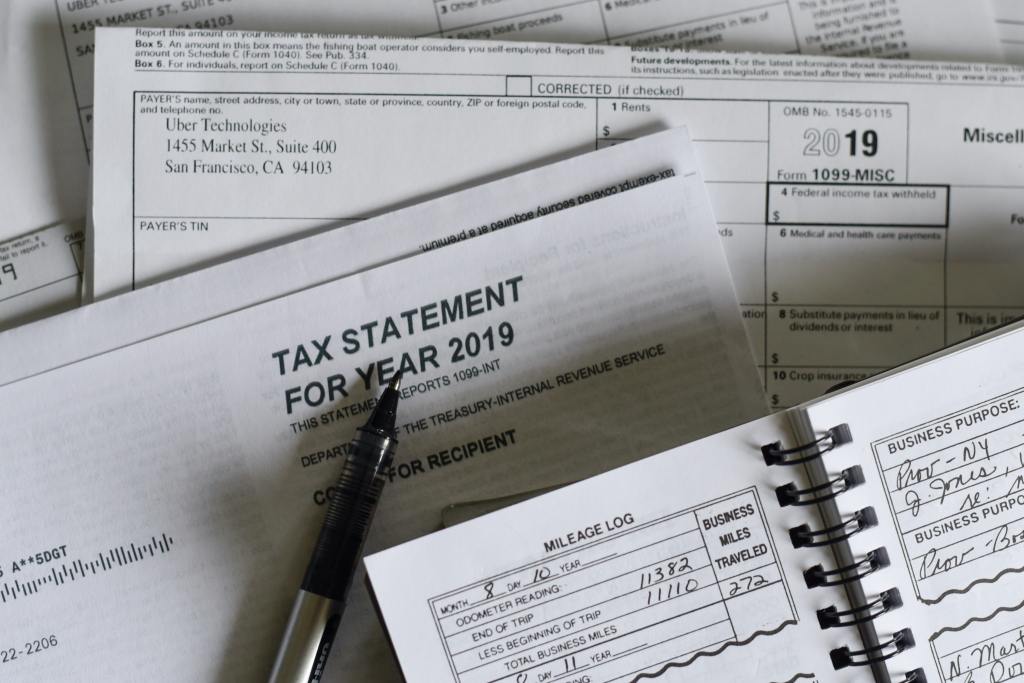By: Joseph C. Dugan, Trial Attorney, Department of Justice, Civil Division*
On February 14, 2019, the Treasury Inspector General for Tax Administration (TIGTA) released a Valentine’s Day treat: a comprehensive report following a TIGTA audit concerning self-employment tax compliance by taxpayers in the emerging “gig economy.”
As Forbes noted last year, over one-third of American workers participate in the gig economy, doing freelance or part-time work to supplement their regular incomes or stringing together a series of “gigs” to displace traditional employment. Popular gig services include ride-sharing giants Uber and Lyft; arts-and-crafts hub Etsy; food delivery services GrubHub and Postmates; and domestic support networks Care.com and TaskRabbit. Even Amazon.com, the second-largest retailer in the world and a traditional employer to many thousands of workers in Seattle and at Amazon distribution centers worldwide, has gotten in on the gig economy with its Amazon Flex service. And for those interested in more professional work experience to pad their resumes, Fiverr connects businesses with freelance copywriters, marketers, and graphic designers. The power of smartphones and social media, coupled with flat wage growth in recent years, makes the digital side hustle appealing and, for many households, necessary.
From a tax revenue perspective, the gig economy is great: it is creating billions of dollars of additional wealth and helping to replenish government coffers that the so-called Tax Cuts and Jobs Act (TCJA) has left a little emptier than usual. From a tax compliance perspective, however, the gig economy presents new challenges. Gig payers generally treat their workers as independent contractors, which means that the payers do not withhold income tax and do not pay the employer portion of FICA. Instead, the contractor is required to remit quarterly estimated income tax payments to the IRS and to pay the regressive self-employment tax, which works out to 15.3% on the first $128,400 in net earnings during TY2018, and 2.9% to 3.8% on additional net earnings. That self-employment tax applies even for low-income freelancers (i.e., it cannot be canceled out by the standard deduction or nonrefundable credits). Continue reading “TIGTA’s Report on the Growing Gig Economy” →

